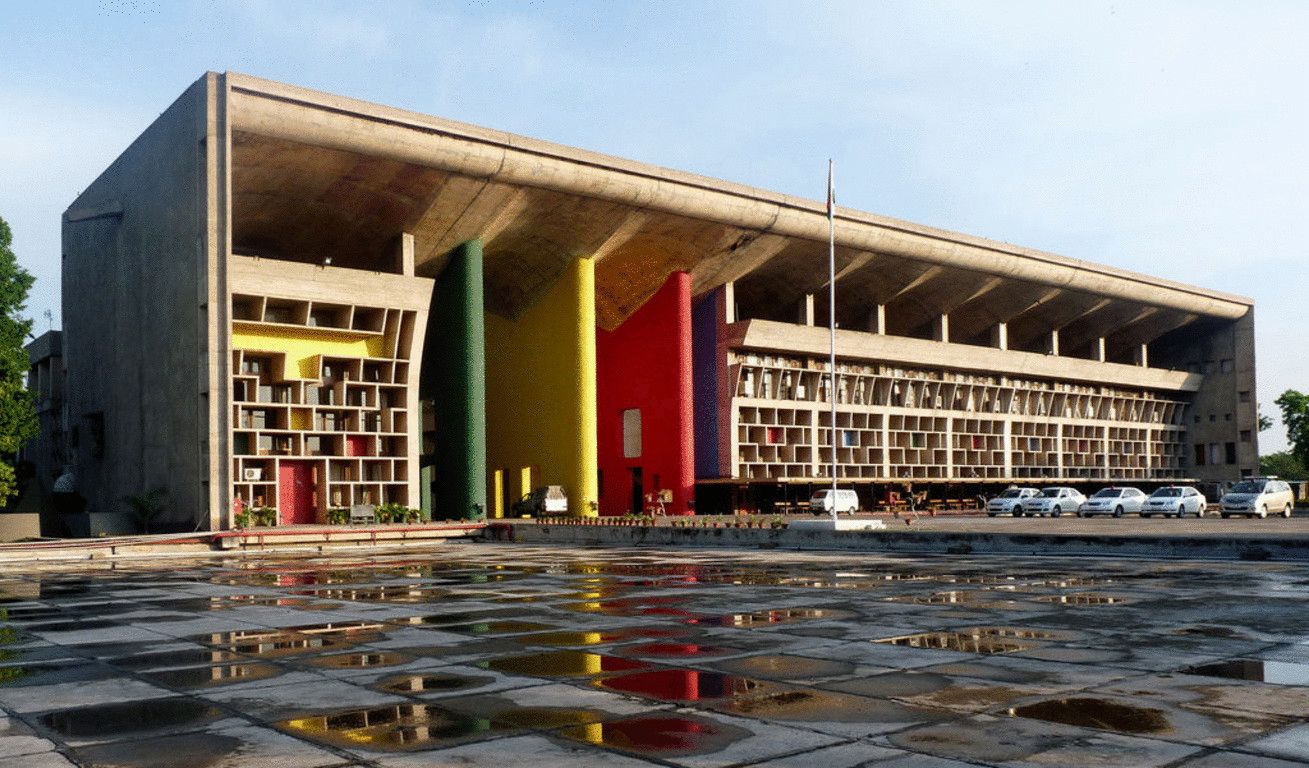Punjab & Haryana High Court upholds setting aside of auction sale, rules objections under Section 47 CPC must precede confirmation

Case Name: Baldev Singh v. Smt. Balbir Kaur & Ors.; Hardwari Lal v. Ludhiana Improvement Trust & Ors.
Date of Judgment: October 01, 2025
Citation: CR-4433-2000 & CR-5028-2000
Bench: Hon’ble Mr. Justice Deepak Gupta
Held: The Punjab & Haryana High Court dismissed the revision petitions filed by auction purchasers challenging the Additional District Judge’s order remanding the matter for fresh adjudication of objections under Section 47 of the Code of Civil Procedure (CPC). The Court held that when objections disputing the sale or the liability of the attached property are filed before auction, they must be adjudicated first, and sale cannot be confirmed until such objections are decided. It clarified that an auction held without considering pending objections amounts to material irregularity and violates the procedure under Order 21 Rule 59 CPC.
Summary: The cases arose from execution proceedings initiated by decree holders Pritam Singh and Bal Singh against the Ludhiana Improvement Trust for non-payment of enhanced compensation awarded under the Town Improvement Act, 1922. In execution of the decree, a 400-square-yard plot of the Trust was attached and sold in public auction on May 15, 1996. The auction purchasers — Baldev Singh and Hardwari Lal — deposited the sale price and obtained sale certificates after the executing court dismissed the Trust’s objections filed under Section 47 CPC and Order 21 Rules 89 and 90 CPC. The Additional District Judge later set aside the executing court’s order, holding that objections filed prior to the auction were not adjudicated before confirming the sale.
Before the High Court, the auction purchasers contended that Explanation 2 to Section 47 CPC deemed them parties to the proceedings, allowing objections even after sale. They argued that the executing court’s confirmation was valid and that simultaneous objections under Order 21 Rules 89 and 90 were not maintainable. The Ludhiana Improvement Trust countered that its objections under Section 47 were filed before the auction date and should have been decided first.
Justice Deepak Gupta analyzed the procedural framework under Order 21 CPC, emphasizing Rule 59(b), which mandates that if objections concerning immovable property are filed before auction, the executing court must either stay the sale pending adjudication or permit the sale but defer confirmation until objections are resolved. Since the executing court had proceeded with the sale without any such order, the auction was irregular and voidable. The Court affirmed that the appellate court rightly remanded the case for deciding the Section 47 objections first, with consequential directions regarding refund of auction money in accordance with Rule 90 CPC.
Decision: The High Court upheld the Additional District Judge’s order dated August 19, 2000, and dismissed both revision petitions. It confirmed that the executing court erred in simultaneously adjudicating objections under Section 47 CPC and Order 21 Rules 89 and 90 CPC, reiterating that procedural compliance is mandatory in execution sales of immovable property. The matter was remanded for fresh adjudication of the Trust’s objections, with no comment on their merits.